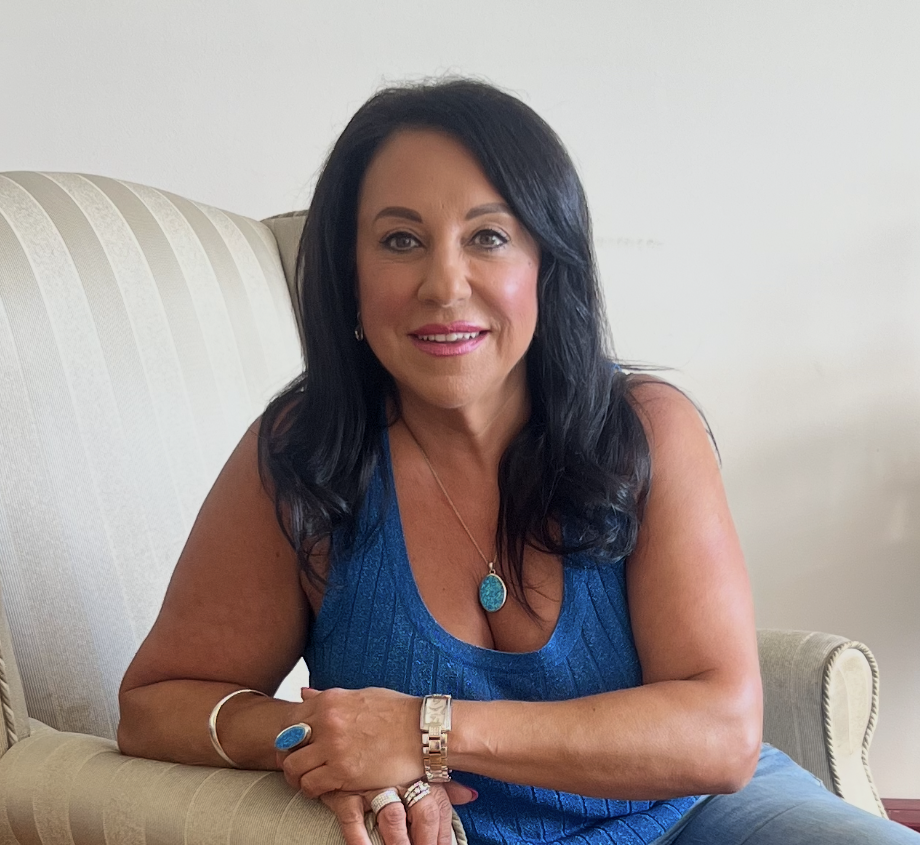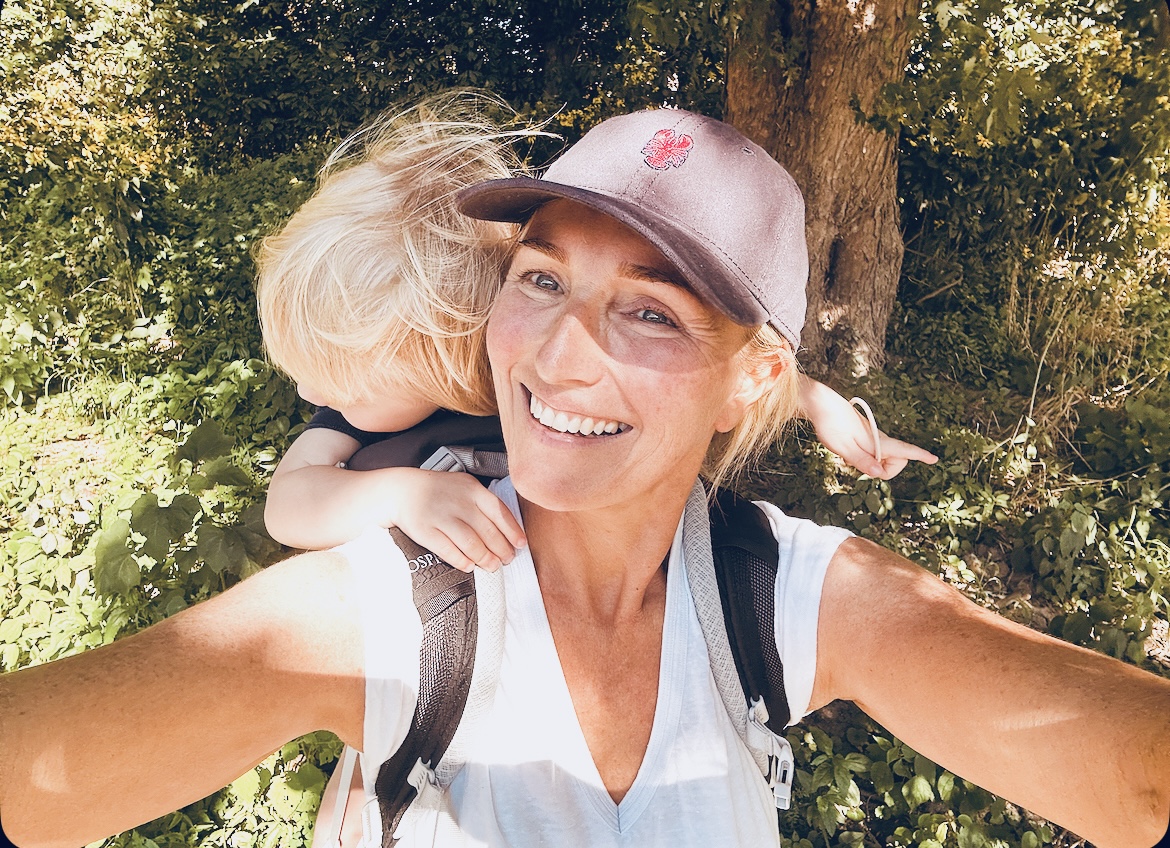The day my daughter, Harper Rose, was born sleeping, I died in that room with her. While I understand that may be a confronting statement for many, I promise that there is tremendous beauty in it also. You see, the most remarkable thing about me is my daughter. Although she did not come home with us as she should have, I have come to understand that she was far too big for this world. My heart will ache for her every single moment of my life, but the impact her spirit has had on my family, my friends, and strangers around the world make me the proudest Mother I could ever imagine having been as I grew her inside of me for 27 weeks.
With my first pregnancy lost to an ectopic diagnosis in July 2021, Harper was my second, and so very longed-for baby. Pregnancy following loss is rampant with worry and anxiety, however after a positive 13-week early anatomy scan and low-risk NIPT result, I truly started to believe she would be the rainbow baby we would finally get to bring home. Unfortunately, our world as we knew it fell apart at our 19-week morphology scan, where we first learned that she had a serious brain abnormality. What followed were 6 weeks of sleepless nights, panic attacks, and debilitating uncertainty as we navigated long waits between specialist appointments, MRIs, and answers. Two days after Mother’s Day, we were given worse news than any of us, including the doctors, had anticipated for the outlook of Harper’s life earthside.
16 hours after being induced, Harper was born on 22nd May 2021, at 4:44 am. I haven’t yet found the words to give justice to what it is like waking up in the morning, knowing later that day you will give birth for the first time to your baby who is not alive. Perinatal mental health support has been critical to me during my journey, and I learned that the brain often disassociates from experiences that are too traumatic for it to bear. Whilst I do believe that is what happened to me that morning, I will always remember the moment I held Harper for the first time. Despite what most people tend to think, her birth was nowhere near the most difficult part of the experience. There was a tremendous peace in the room once she arrived, and we sat there holding her, completely in awe of how perfect she looked.
It was the moments, days, weeks, and months that followed that were quite simply the darkest and most excruciatingly painful of my life. What people may not realise is that women who have lost babies are still in a postpartum period, just like any other Mother. We have given birth, may have had a complicated delivery, experience the same enormous fluctuations in hormones that can lead to postpartum depression, and our milk comes in. All of it. And then, if you can even fathom it, on top of that we also have to experience through grief the enormity of the human heart actually breaking. I have felt heartache before, but the evening I left Harper behind in the hospital, I rang a member of my family and told her I was in such an otherworldly amount of emotional pain that I simply did not think I could survive it and that I just wanted to die.
As human beings, I truly believe that if we internalise too much of our pain, it is stored as energy and can have catastrophic impacts on us mentally, emotionally, and physically. That is why communication and support following baby loss are critical. Several days after Harper was born, I cannot explain the intuitive pull I felt to share about her on my social media account. But looking back now, 10 months into my grief journey, I can see that the connection was created for both me, and thousands of my followers who are sadly on a loss journey themselves has gotten me through some of my worst moments since losing Harper.
Baby loss is so utterly unnatural and devastating, it is bigger than all of us. And we should never have to experience it alone. Some people may not wish to be as open and forthcoming as I have been in documenting my experience as I navigate my new life post-Harper, and that is why services offered by Gidget Foundation Australia are so incredibly necessary. Of course, perinatal depression and anxiety affect Mothers to children who get to come home, but it also really has the potential to add enormous complexity to an already suffering Mother who had to leave her baby behind.
We suffer a world of secondary losses after we lose our babies. Difficult conversations, questions about children, insensitive comments, or people saying nothing at all. We need professional support to navigate a world that is sadly not yet equipped to deal with the discomfort of baby loss, and I really encourage all women to utilise incredible services like those offered at Gidget Foundation Australia to lessen the burden of doing it alone.
There is no cure for grief. It is the lifelong consequence of loss and the price of love. The difference between those early days after loss to now is that the grief becomes less selfish and starts to let other aspects of life in. At first, things like laughter and joy do not take up too much space in the darkness, but gradually with some nurturing, they grow bigger and you learn to navigate being in multiple states of being simultaneously. Happiness exists next to sorrow, laughter alongside tears, and hope can dance alongside fear. I am learning everyday how to be a parent to an Angel baby, and part of that is supporting others through baby loss. I truly believe that is why I am here, and for helping me to recognise my purpose and making me a Mum, Harper will always be my greatest gift.
Jade's Story
Please submit your details below and we will be in touch soon.
Related Fact Sheets

a new mum's story
this Christmas

.webp)
%201.webp)
%201.webp)
%201.webp)



















.webp)


.png)

